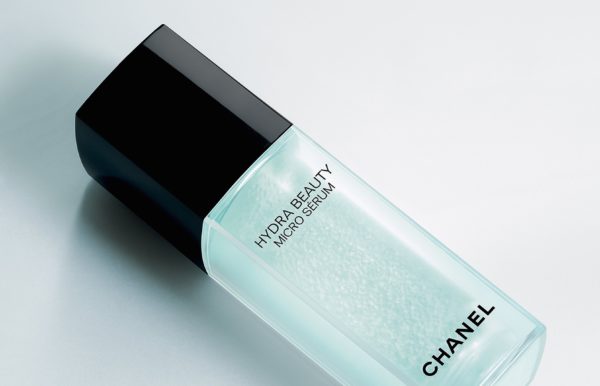
An article published on Yahoo Lifestyle this week, contained a list of the most common allergens in beauty products. The article is particularly useful for those with sensitive skin already taking precautions to actively seek out products that are labeled as hypoallergenic. However a label might simply not cut it when it comes to safeguarding your skin.
“The FDA does not have the legal authority to approve cosmetic products and ingredients (other than color additives) before they go on the market,” says Dr. David Lortscher, dermatologist and CEO of Curology. “There is no regulation specifically defining the use of the term ‘hypoallergenic, nor for the labels ‘safe for sensitive skin’ or ‘allergy tested.’ Manufacturers might make those claims, even if they have no supporting evidence.” That’s why, he says, it’s important to read the individual ingredients on a product label to ensure it doesn’t have anything in it that could be irritating—especially if you have a history of reactive skin.
There is, however, a difference between temporary irritation and an allergy. The former might occur as your skin adjust to a product, while the latter will persist. “To tell the difference between the two, it may take some trial and error and experience over time,” Dr. Lortscher says. “When your skin has calmed down, you can create your own patch test. Apply a small amount of product to the inner part of your upper arm twice daily for three days. If you have no reaction, go ahead and try it on your face or body.” Using this patch test method is a safe way to (slowly) incorporate new products into your routine.
Another major detail also to note by this article on Yahoo, stated that Just because a product is labeled as natural or organic doesn’t mean it won’t be irritating. “An ingredient’s source does not determine its safety,” Dr. Lortscher says. “For example, many plants that you likely would consider to be ‘natural’ contain substances that may be toxic or allergenic—think poison ivy!” Here, Dr. Lortscher lays out the most common allergens in beauty products—and how to spot them before you incorporate them into your routine.
The Most Common Allergans in Beauty Products
Fragrance
Dr. Lortscher says fragrance is one of the most common causes of allergic contact dermatitis in skincare products. “Fragrance can contain hundreds of components, and companies are not required to disclose all the ingredients that make up what’s labeled as ‘fragrance,'” he says. Fragrance-free is also not the same as unscented (unscented products might contain masking fragrances that neutralize perfume). Between the two, “fragrance-free is the better option if you have sensitive skin.”
Parabens
“Parabens are a group of synthetic compounds commonly used as preservatives in a wide range of personal care products,” Dr. Lortscher says. “They might cause an allergic reaction in certain people, and are more likely to irritate those with existing skin issues like eczema, psoriasis, and contact dermatitis.”
Sulfates
Sodium laureth sulfate and sodium lauryl sulfate are two common skincare, bath, and hair product ingredients that also may cause rashes and itching. “Those with acne-prone or sensitive skin should avoid them,” he says.
Dyes
Dyes—most often found in hair products and more pigmented cosmetics—are another culprit; The dye ingredient which most often causes allergic reactions is paraphenylenediamine (PPD), he says.
Benzyl Alcohol
“Benzyl alcohol is used for its fragrance, preservative abilities, and antimicrobial action,” Dr. Lortscher says. “In rare cases, it can cause a hive-like reaction.”
Propylene Glycol
Propylene glycol is often used in moisturizers as a humectant to lock in moisture—and even at low concentrations, allergic reactions can occur, he warns.
Essential Oils
Last but not least? Essential oils. “They’re highly concentrated substances that are extracted from various trees and plants for their fragrance and antimicrobial action,” Dr. Lortscher says. “Tea tree oil is the most common essential oil allergen. Steer clear of products containing essential oils if your skin tends to be sensitive.”
